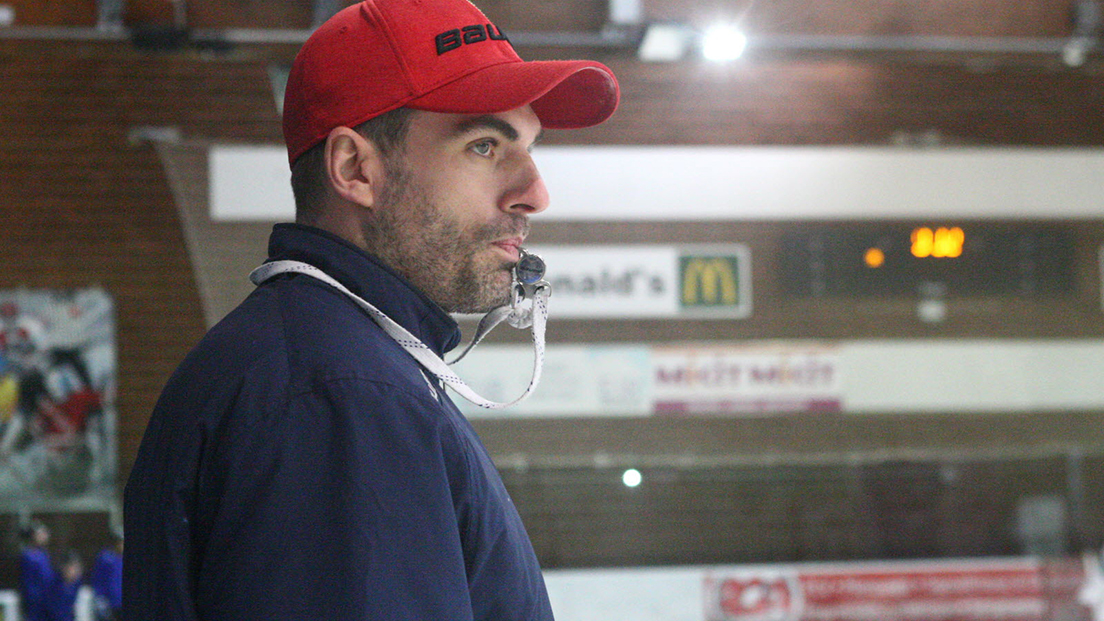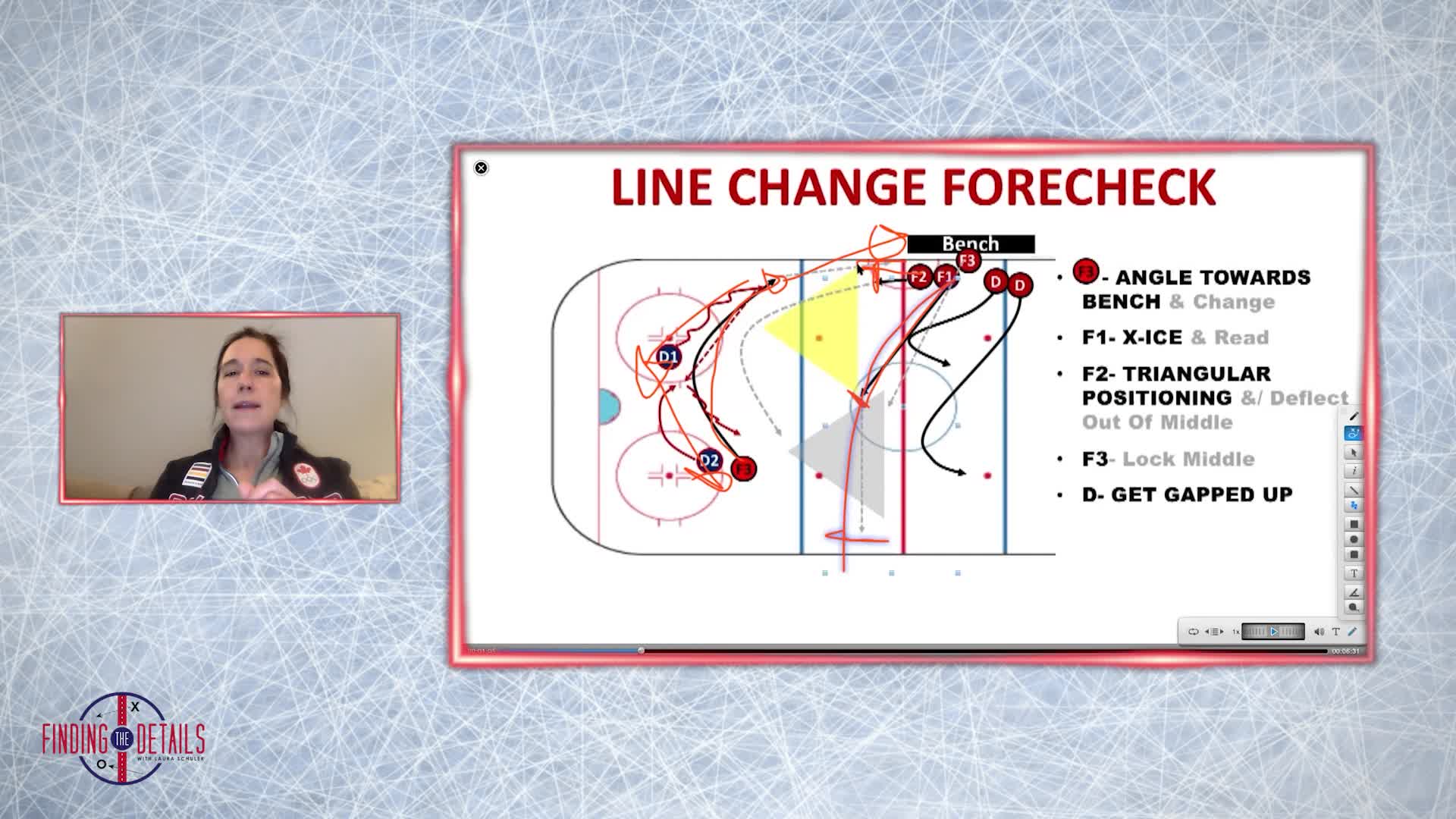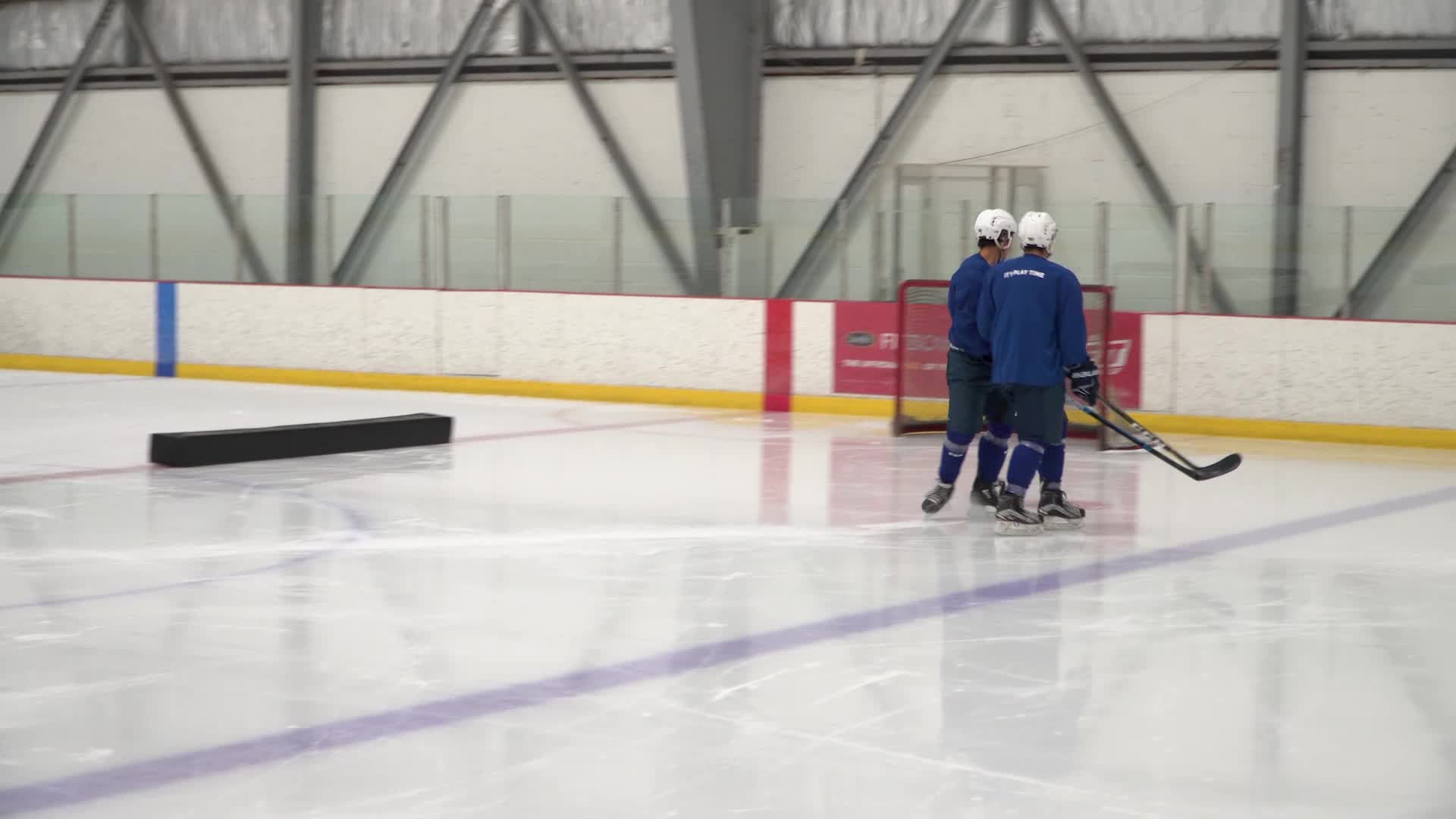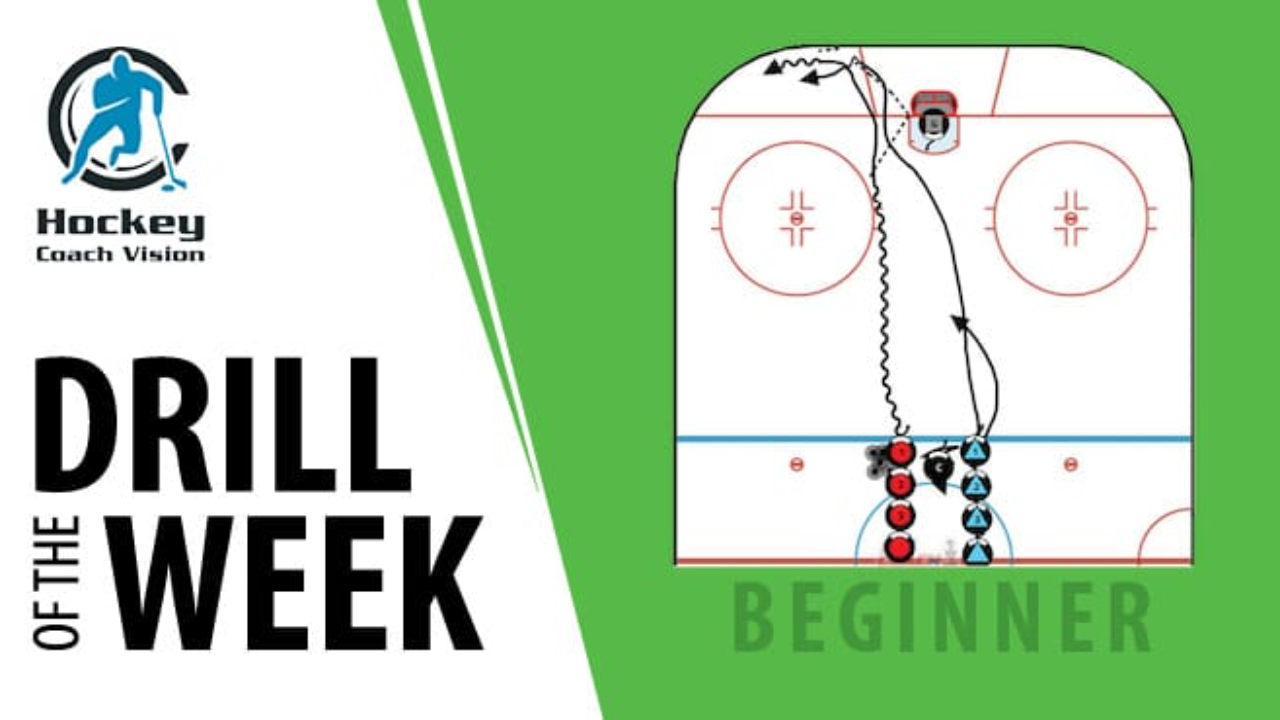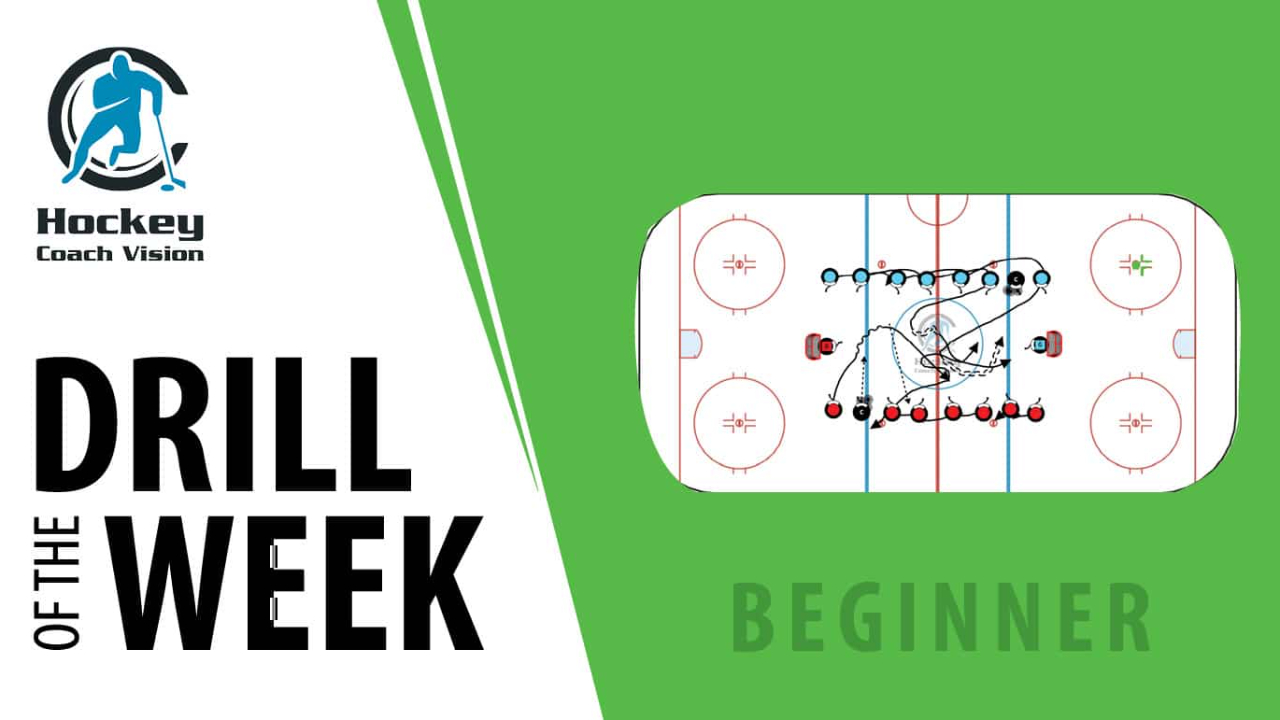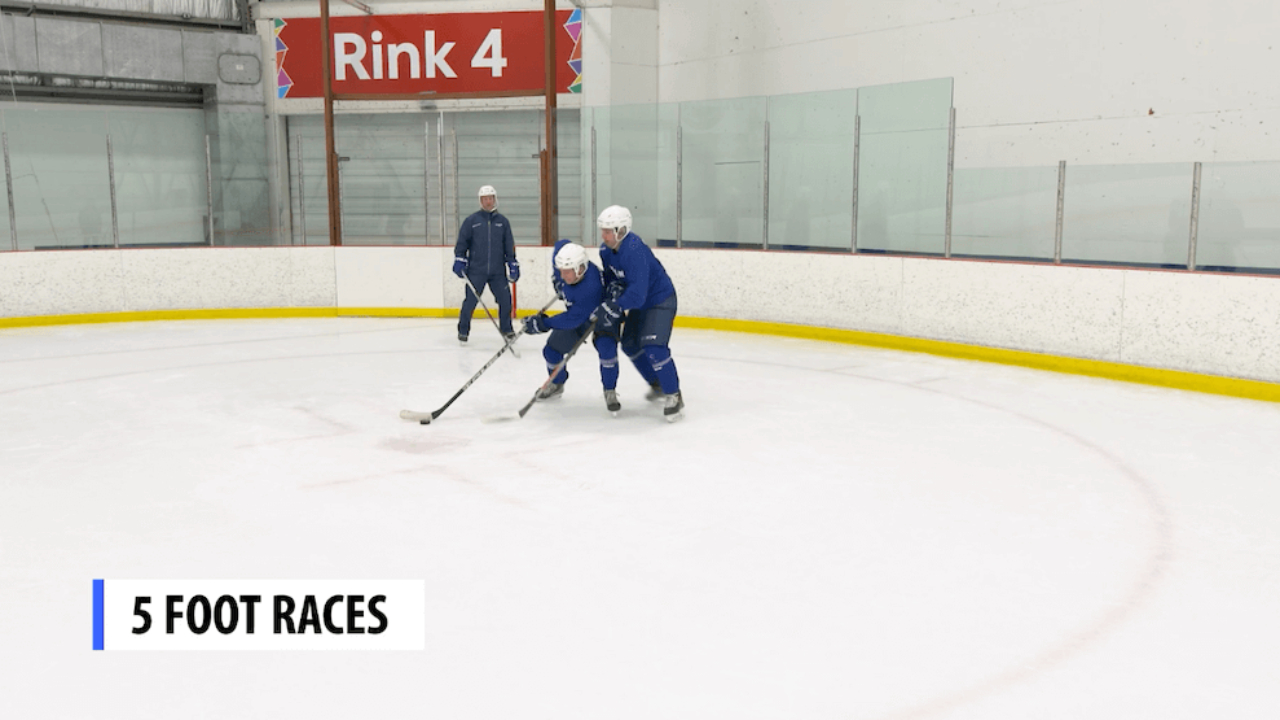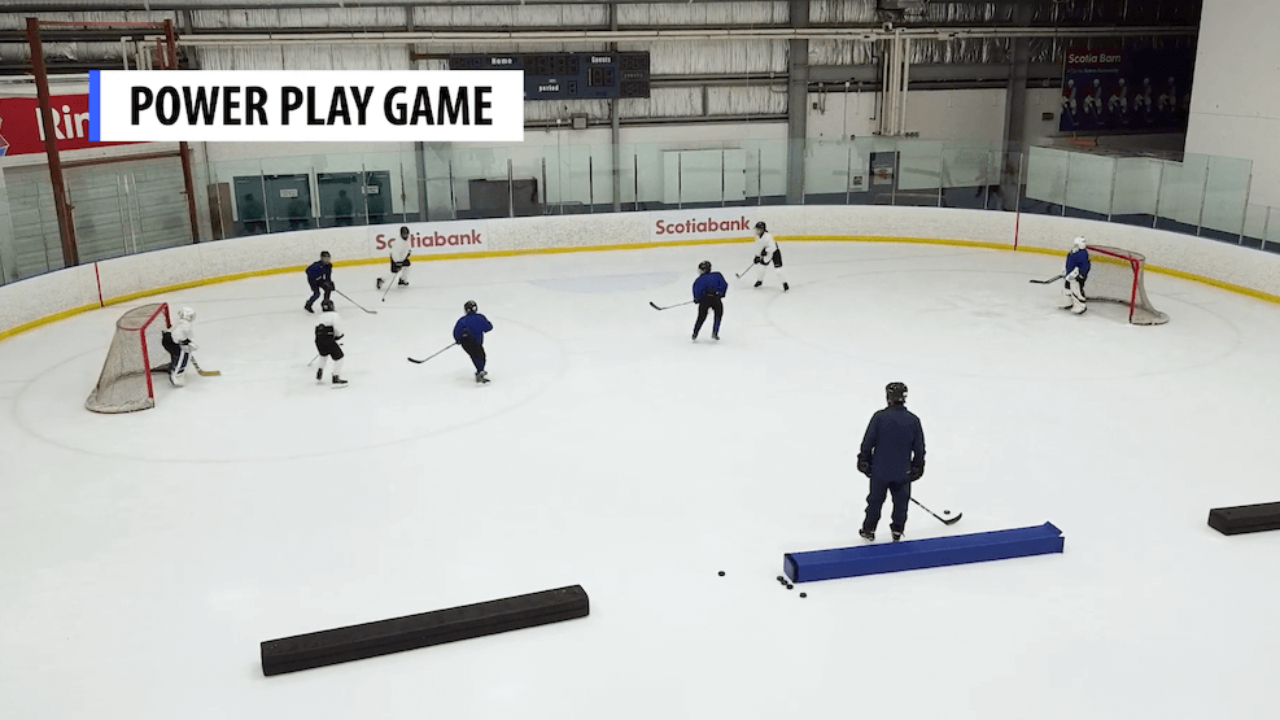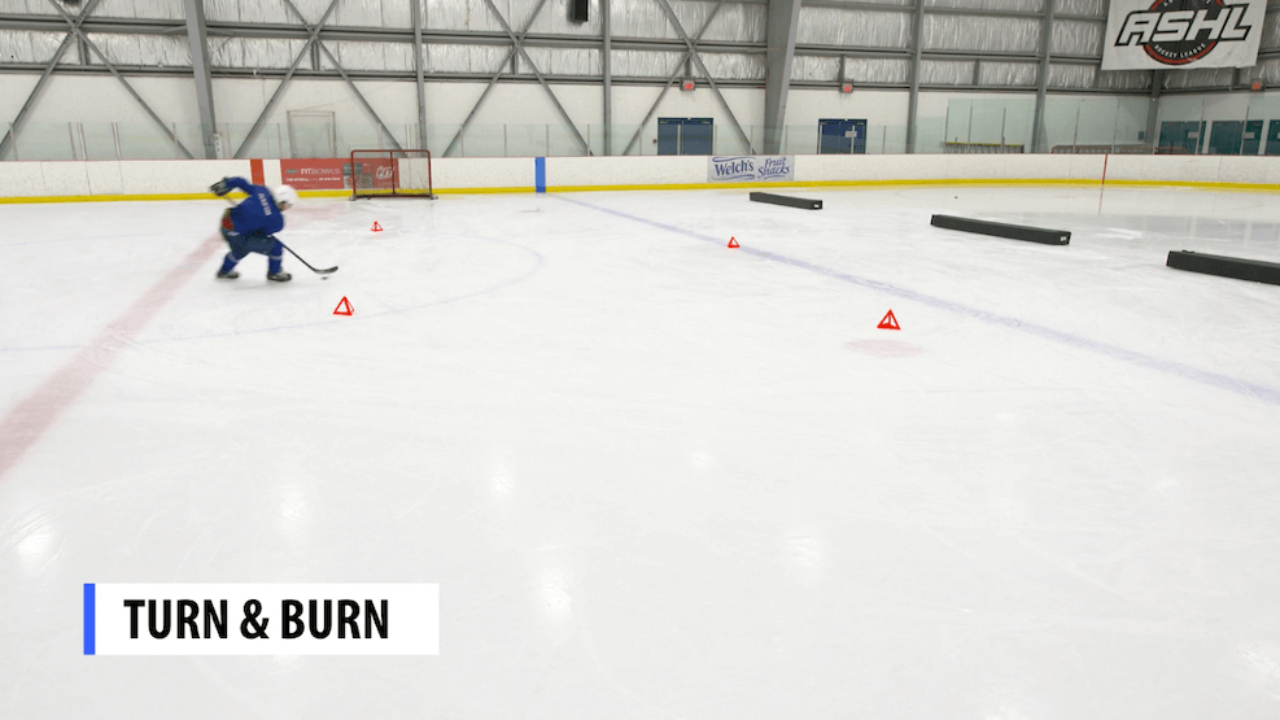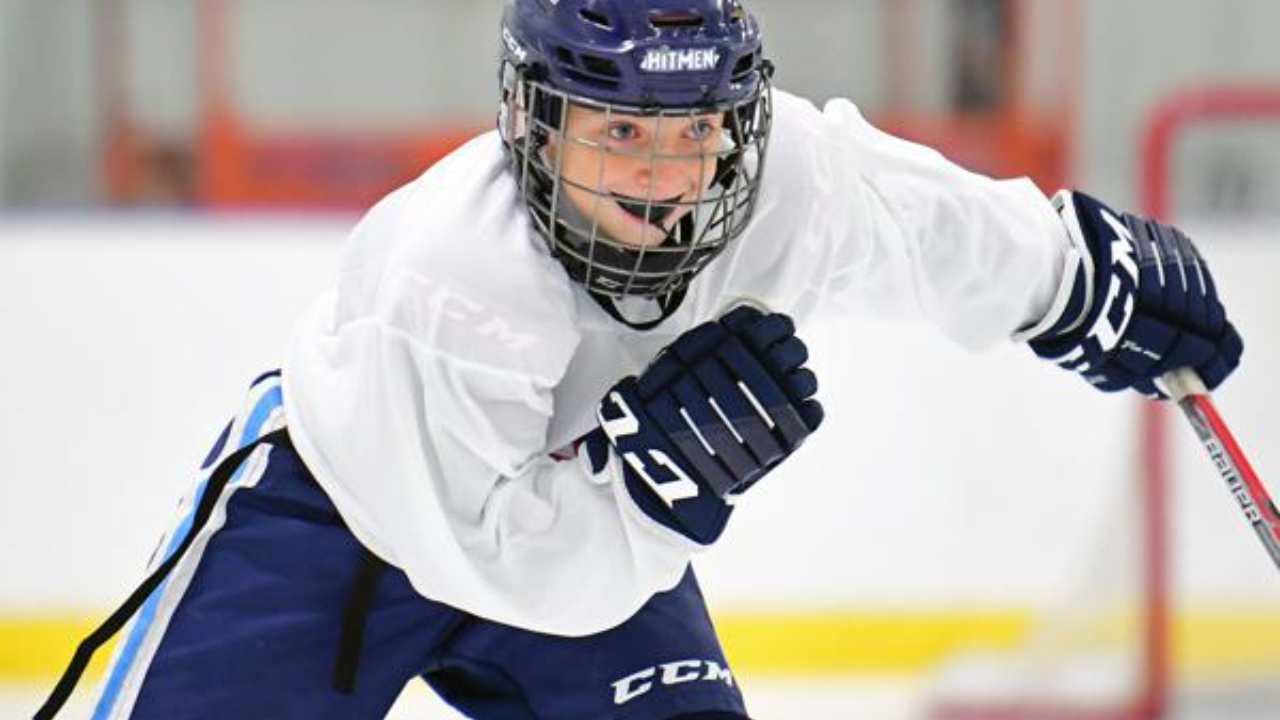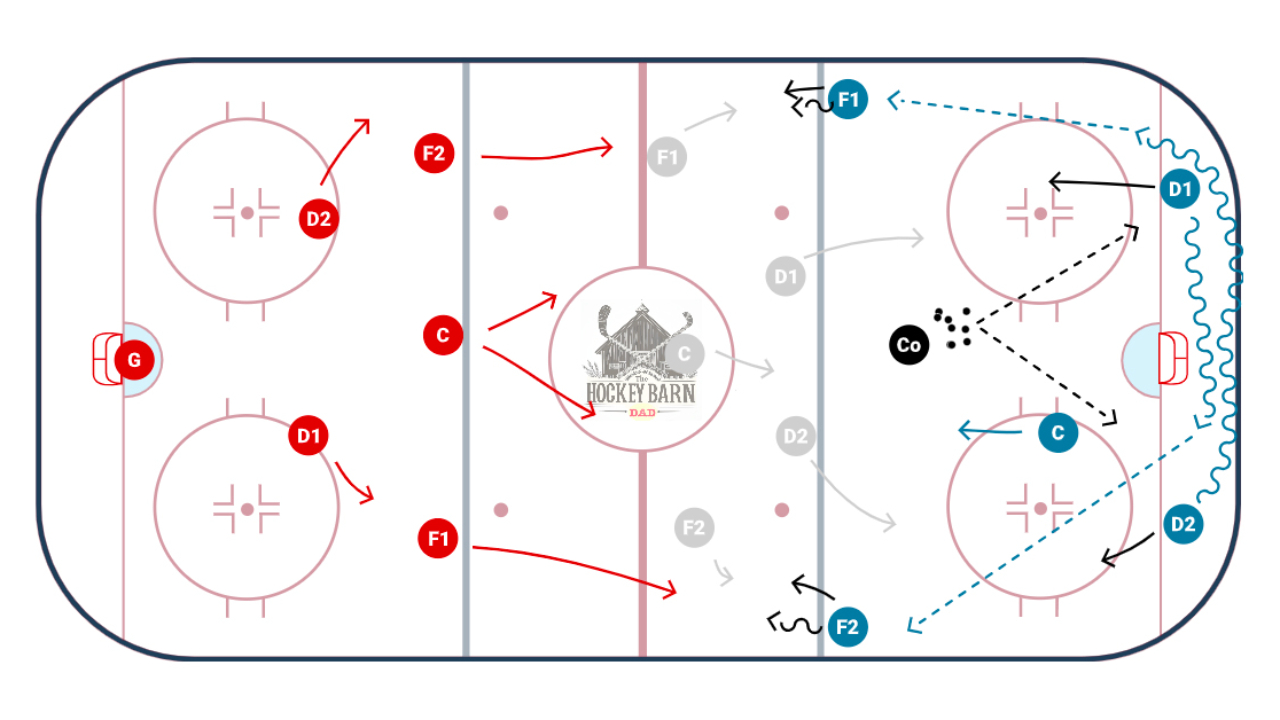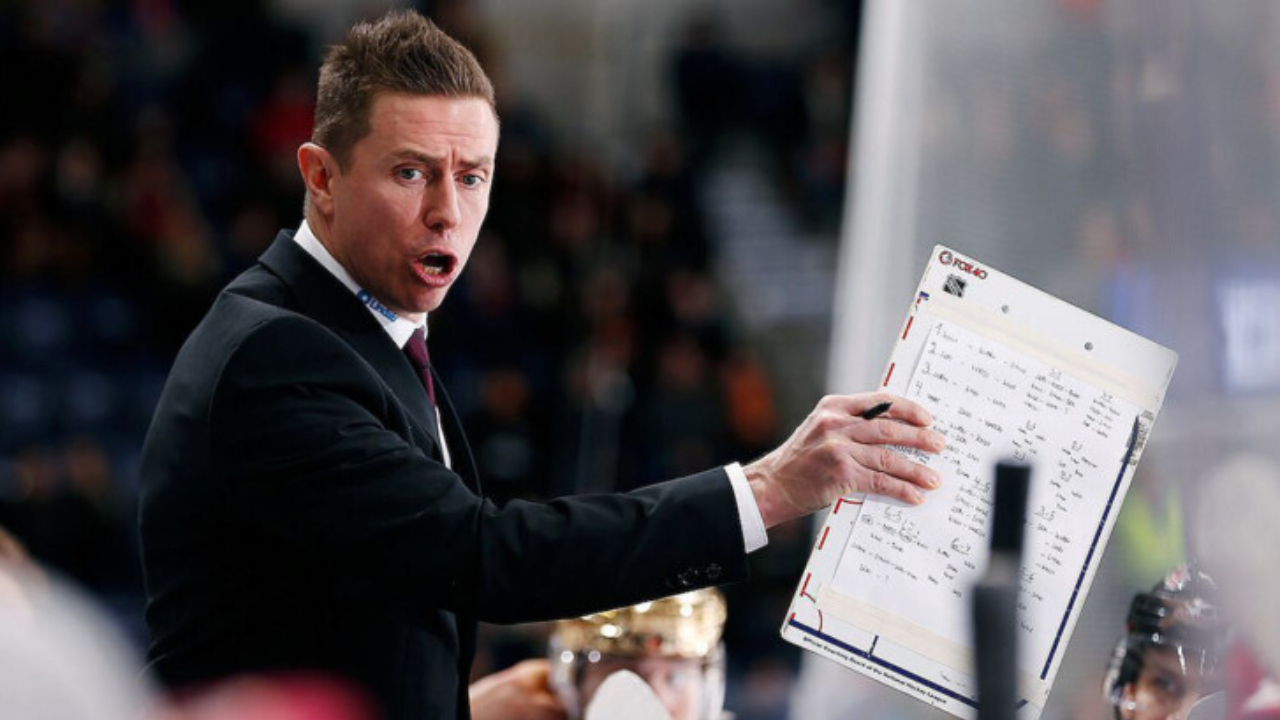
"I like to send my best offensive line after an icing, an important OZFO, or when their worst defensive line is on the ice. And as with a lot of things, timing is key."
For my first season as a Head Coach of Sollentuna HC J20, I spent the first week at the job thinking that I had everything under control. I had all my notes, clips, and presentations ready, had spoken with a solid number of coaches from every level, and thought that I left no stone unturned.
And then reality knocked on my door. You can do all the research in the world, but nothing will teach you more about coaching than standing on the bench during a very humbling 12-2 defeat for your first game. Same goes for running a power play practice when nothing goes as planned.
After our practices or games, I spend a lot of time reflecting, questioning my methods and what I can do differently, or better. I have a lot of questions to ask more experienced coaches.
That is why I decided to share all those questions with the readers of The Coaches Site and get them answered by coaches with more experience and time spent on the bench than myself.
Line matching – Why, how & when should it be done?
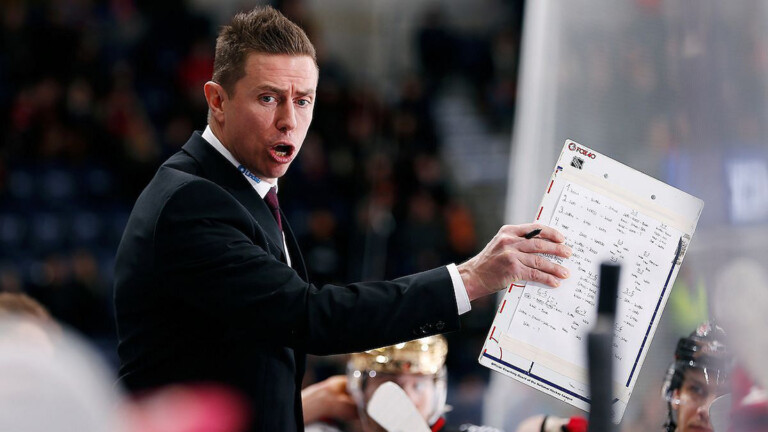
Jyrki Aho (Grenoble, Ligue Magnus)
“Matching up is something that I do a lot, but a bit less than during my years coaching in the Finnish Liiga. Before talking about line matching giving your units a task or role is important.
“Starting a game knowing that you will spend most of your ice time shutting down the opponent’s best offensive line or that you will be the trio that is supposed to generate the most offense in your team, are tasks that need to be announced in advance.
“Personally, I like to send my best offensive line after an icing, an important OZFO, or when their worst defensive line is on the ice. And as with a lot of things, timing is key. When my team is struggling, when the pace is slow or we are not competing as we normally do, I like to send my fourth line, to bring the energy up and send a message to our group. But if you are matching up, there are chances the opponent is doing the same thing, and that can lead to your best offensive/defensive players losing the rhythm of the game.
“Matching up is about balance.”
Yorick Treille (Genève-Servette, Swiss National League and France U20)
“Line matching? It really depends on your team and your opponent. This season in Geneva we are lucky enough to have good depth, with four lines and four experienced centres. The other aspect which is really important to keep in mind is if you are playing at home or away.
“As a lot of coaches do, send your best offensives assets where and when they can have the most success. About your team, make sure that you communicate about the fact that you are line-matching prior to the game.
“Every line should feel that they are vital to the success of the team. A defensive line should feel okay to line change on a face off, in the middle of their shift for a more offensive line, if that is the right moment.
“Changing a line early on a face off should not be seen as a sanction for a player, mostly with juniors.”
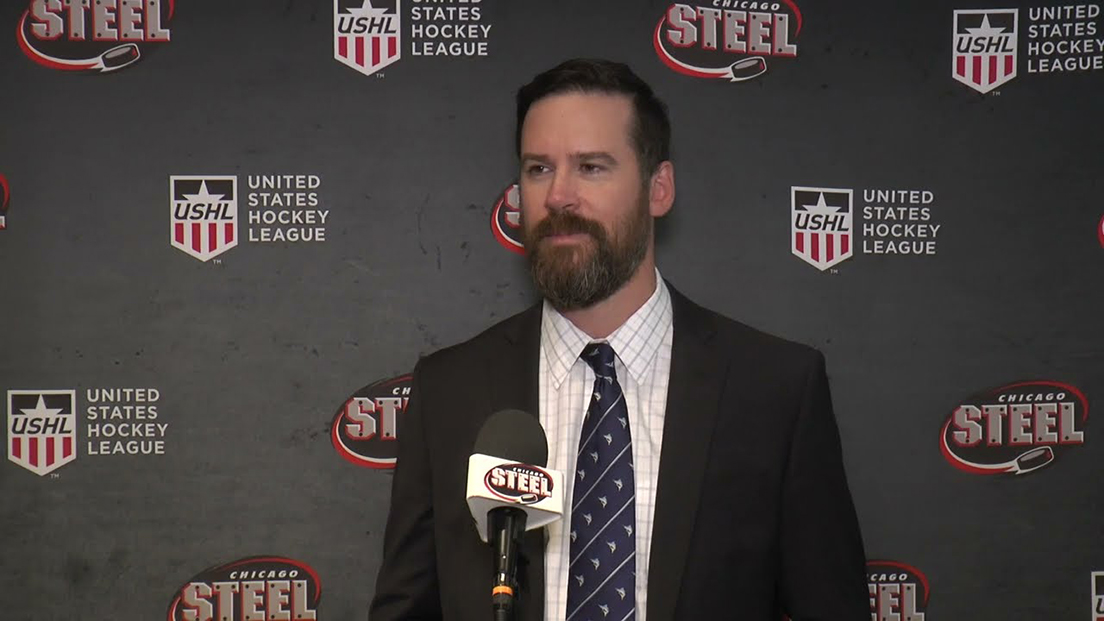
Matt Deschamps (Chicago Steel, USHL)
“With the Steel during the regular season, 95% of the time we play every player under every situation, this is a development team in a development league. But when it happens, we need to identify before the game what the threat is or how to try to capitalize on line changes.
“Typically, we will put our most offensive line on an OZFO and execute one of our set plays. When coaching the defensemen, it’s about noticing how they are rotating their units, are they matching up, or rolling their lines? You need to ask or communicate this with your assistant coach.
“And obviously, your players need to be on their toes, especially when you are playing away and don’t have the last line change.”
My 5 takeaways:
- Communicate with your players about the fact that you will match-up
- Be in synch with your Assistant Coach
- Empower and assign roles to your lines
- Use the rules in your favor (last change home/away)
- Control the rhythm of the game with your line changes, not the opposite

